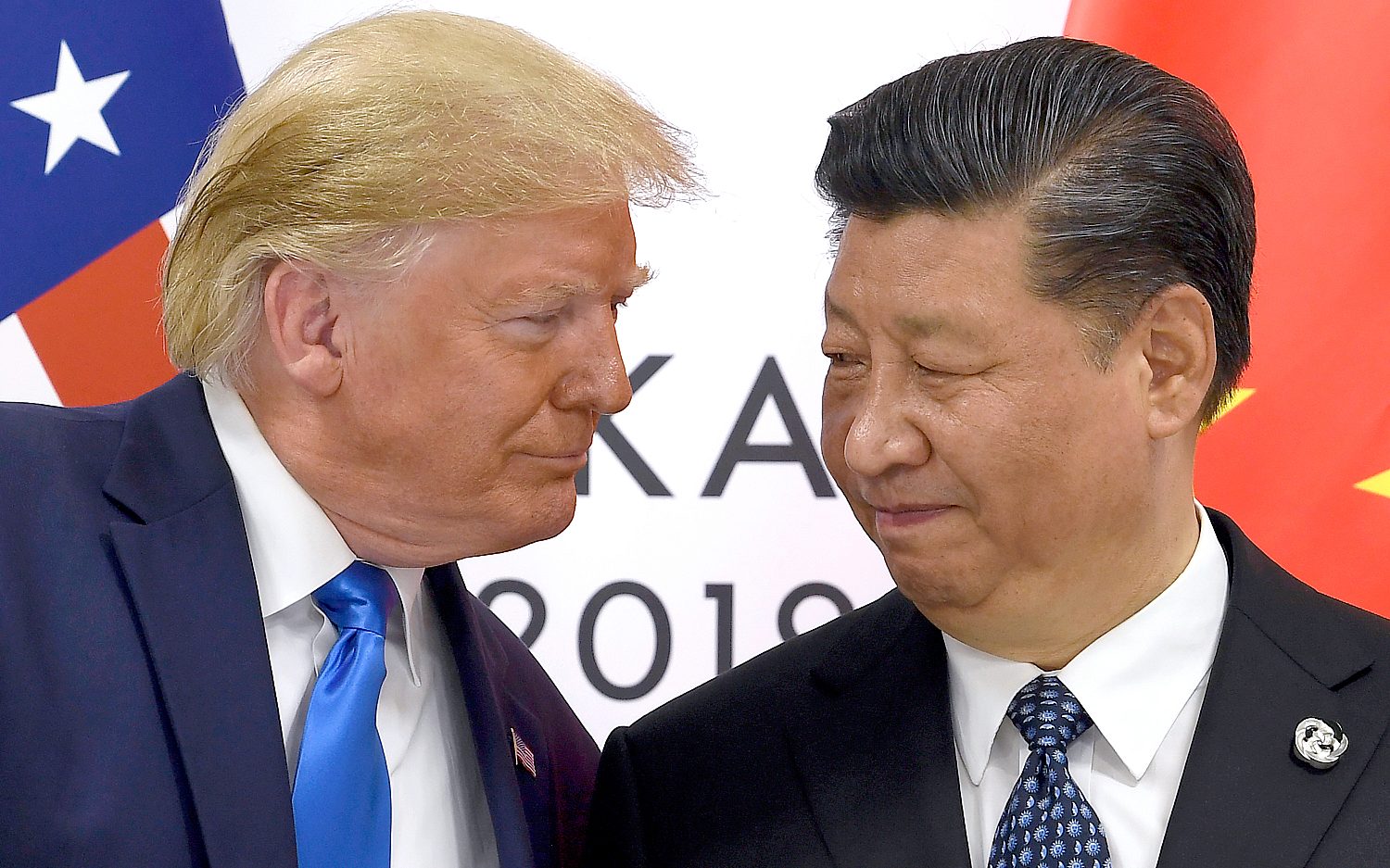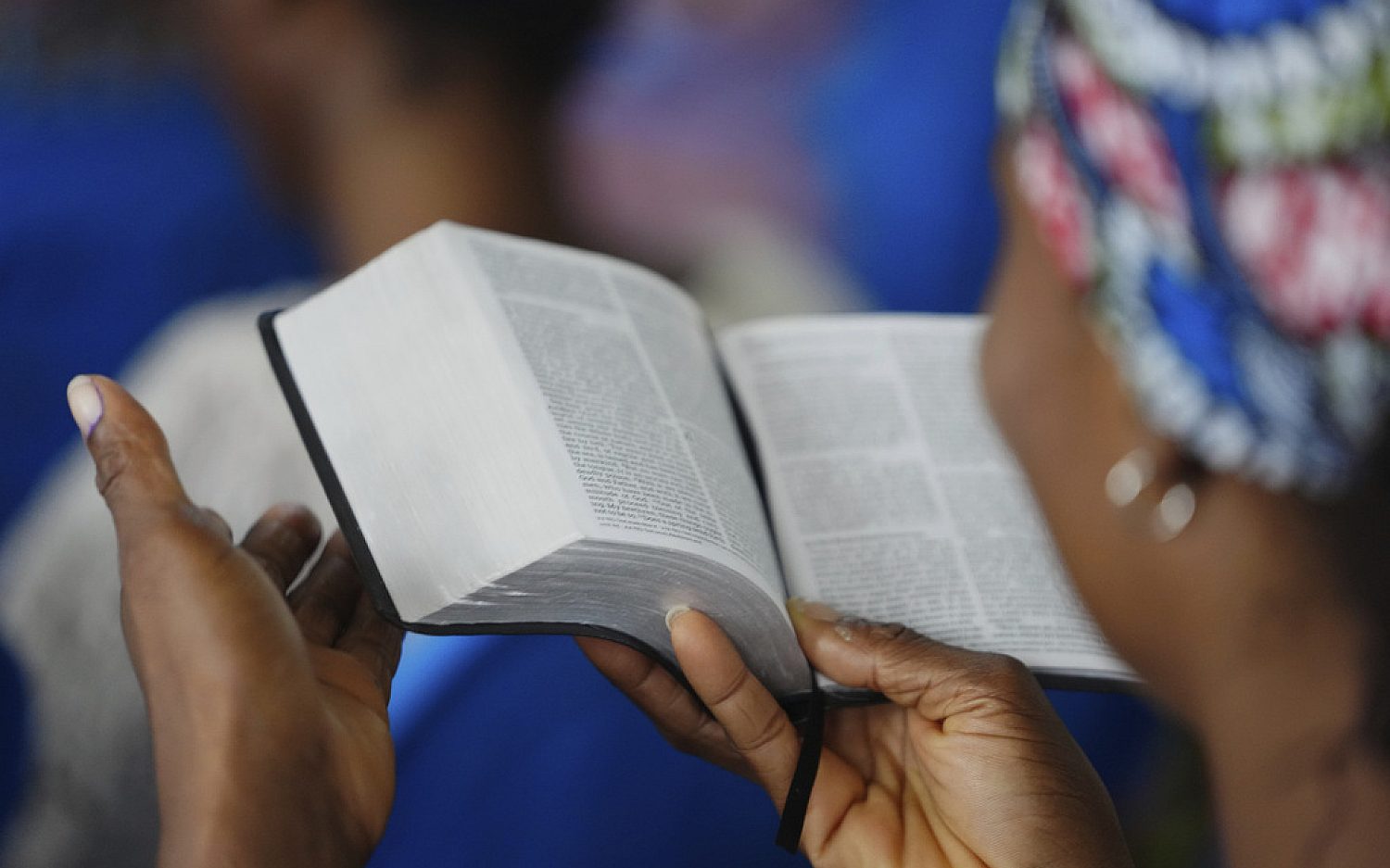Emma Watson, men, and modern feminism
In the wake of multiple highly publicized incidents involving athletes from the National Football League, the past few weeks have been filled with discussions about violence against women and how to stop it.
On Saturday, actress Emma Watson—best known as Hermione Granger from the Harry Potter movies—gave an impassioned speech before the United Nations in her role as UN Women Goodwill Ambassador. Her speech introduced a new campaign called HeForShe, aimed at galvanizing 1 billion men and boys as advocates for ending global violence against women. Watson argued that achieving gender equality is impossible if only one sex participates in the fight.
“How can we effect change in the world when only half of it is invited or feel welcome to participate in the conversation?” Watson said. “Men—I would like to take this opportunity to extend your formal invitation. Gender equality is your issue, too.”
The response to Watson’s speech, which has since gone viral, has been overwhelmingly positive on both news outlets and social media. Writing for the Huffington Post, Lauren Duca commended Watson for her “stellar example” of acting on feminism instead of just being cool with the “f” word: “Are you listening, men/everyone who could be doing more for gender equality?”
Watson’s speech, which won a thunderous standing ovation, not only called for action from male allies but clarified what she said was a longstanding misconception about feminism overall. Feminism has become “an unpopular word,” she said, one that places her and other feminist-minded women among the ranks of those who are viewed as too strong, too aggressive, unattractive, and isolating. But women, Watson argued, have the freedom to wear their feminism proudly in support of their rights.
“Why is the word such an uncomfortable one?” she asked. “I am from Britain and I think it is right that as a woman I am paid the same as my male counterparts. I think it is right that I should be able to make decisions about my own body. … But sadly I can say that there is no one country in the world where all women can expect to receive these rights.”
But Watson’s comments about women’s rights have not gone unchallenged by everyone. PolitiChicks writer Julie Klose agrees with nearly all the beliefs that Watson espouses, with the exception of one: abortion.
“As long as feminism embraces abortion as a right, I will not define myself with that word, despite the many aspects of it that I agree with,” Klose wrote. “I am called to contribute to the equality of all mankind as how God planned it. Any campaign that supports the denial of rights to a future generation through abortion is truly not an advocate of all human rights.”
Watson is pushing back against recent campaigns like Women Against Feminism. As she declared elsewhere in her speech, these campaigns depict the feminist cause as synonymous with “man-hating.” But by involving both genders in the HeForShe campaign, she hopes to abolish the “us versus them” mentality.
In the culture at large, Watson’s message is starting to find widespread resonance. While women such as CNN’s Rachel Nichols and ESPN’s Hannah Storm criticized the NFL for its response to Ray Rice and other cases of player-involved domestic abuse, men like CBS Sports Anchor James Brown also weighed in. Brown, host of The NFL Today, passionately and eloquently told viewers that “this is yet another call to men to stand up and take responsibility for their thoughts, their words, their deeds and, as Deion [Sanders] says, to give help or to get help, because our silence is deafening and deadly.”
An actual newsletter worth subscribing to instead of just a collection of links. —Adam
Sign up to receive The Sift email newsletter each weekday morning for the latest headlines from WORLD’s breaking news team.




Please wait while we load the latest comments...
Comments
Please register, subscribe, or log in to comment on this article.